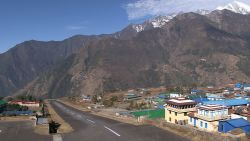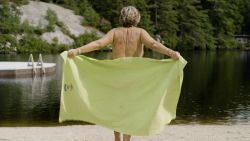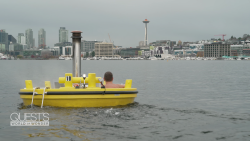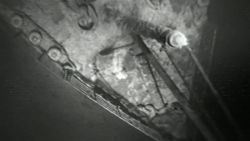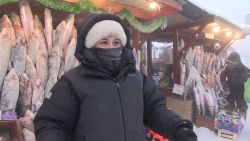Austrian authorities are facing a class action lawsuit involving as many as 2,500 tourists over their handling of a coronavirus outbreak in the popular Austrian winter sports resort of Ischgl, in Tyrol province.
Ischgl is already being investigated by public prosecutors in Innsbruck, Tyrol’s capital, after hundreds of infected patients were traced back to the resort, as reported by CNN last week.
Authorities in Tyrol are accused of having reacted too late to the first signs of the coronavirus outbreak in Tyrol – particularly in Ischgl — contributing to the spread of the virus in Europe and beyond.
The Austrian Consumer Protection Association (VSV) – which says authorities are responsible for a late reaction at the beginning of the coronavirus pandemic – has announced that just five days after a call for action on its website, around 2,500 people have come forward, around 80% of them German. The association told CNN it had filed a report with the public prosecutor’s office in Innsbruck last week.
Hansjörg Mayr, a spokesman for the Innsbruck prosecutor, confirmed to CNN that it had received the report last week and said police have started investigating.
The Austrian Consumer Protection Association told CNN on Monday: ”Today as of 9:00 a.m. about 2,500 people have registered with the VSV who are affected by a coronavirus infection in Tyrol. There are about 80% German travelers.
“Nearly all reports concern Ischgl. Most of the people are in home quarantine.”
The association previously filed a complaint against the Tyrolean Governor Günther Platter, the mayor, cable car companies and other representatives of the authorities. It also launched a Europe-wide appeal to possible victims who believe they were infected with Covid-19 while vacationing in Tyrol.
Related stories
On its website, the VSV states: ”If you were at the ski resorts of Ischgl, Paznauntal, St. Anton am Arlberg, Sölden or Zillertal on March 5 2020 or later, and shortly afterwards were diagnosed with the coronavirus, then you may be entitled to claim damages against the Tyrolean authorities and also against the Republic of Austria, provided we can produce evidence for negligence through relevant reports or in criminal proceedings.”
The association said: ”The global coronavirus pandemic qualifies as force majeure [forced circumstances] and nobody can be held responsible for any damage suffered. However, keeping ski resorts open, even though authorities knew or should have known of a threat of mass infection, is certainly a reason to consider claims for damages.
“The Verbraucherschutzverein VSV (Consumer Protection Association) has therefore submitted a description of the facts to the Public Prosecutor’s Office in Vienna against the Tyrolean authorities.
“The public prosecutor will have to examine whether something went wrong and if so, what exactly went wrong.”
In a statement to CNN last week, the public prosecutor’s office in Innsbruck said it had commissioned the Tyrol Criminal Police Office to conduct “investigations on suspicion of negligent endangerment of people by communicable diseases.” The prosecutor’s office added that it was looking into the possibility that a catering company did not report an employee’s positive coronavirus test at the end of February.
The office of Tyrolean Governor Günther Platter said in a statement to CNN on Monday night that the world was facing “an exceptional situation” and “management of the crisis” was the priority, but that “it will be important afterwards to put all measures worldwide – and also in Tyrol – to the test … to see where mistakes have been made and, on the other hand, which structures need to be changed.”
Platter’s statement said that after the Austrian authorities became aware on March 5 that Icelandic tourists in Ischgl might have been infected with coronavirus, the Tyrolean health authorities immediately contacted Ischgl’s on-site doctor and arranged for hotels to compile lists of Icelandic guests.
The on-site doctor said that he had not seen employees or other people with flu-like symptoms at his office in the previous days, the Tyrolean governor’s statement said.
“Nevertheless, the health authorities issued a directive to test all persons with flu-like symptoms for corona,” the governor’s statement read. A German bartender at Kitzloch bar became the first person to test positive after reporting to the doctor on March 7 with suspected flu symptoms.
The health authorities “immediately ordered a comprehensive survey” at the bar, which “led to further positive tests in the following days,” said the statement.
The authorities also took “the necessary immediate measures” such as disinfecting the bar and separating employees, and after other employees who had already been quarantined tested positive, Kitzloch closed on March 9, the statement added.
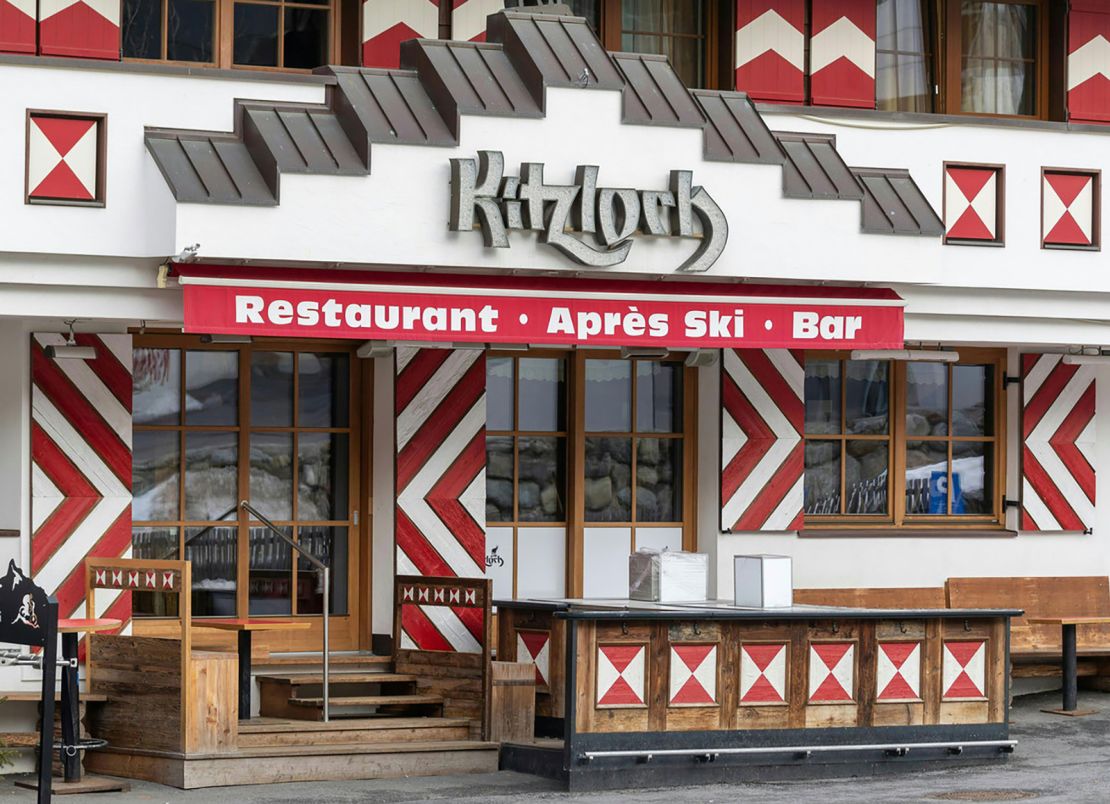
“Shortly thereafter, the Tyrolean government officially closed all après-ski bars in Ischgl and a few days later declared the tourist winter season to be over by officially closing all lifts and hotel facilities. Tyrol was the first province in Austria to take such far-reaching measures.”
The entire Paznaun valley was quarantined on March 13 and on March 18, Tyrol issued a quarantine order for all 279 municipalities in the province, the statement said.
When approached for comment, the medical authority in Tyrol referred CNN to the statement from Platter’s office.
CNN has also contacted the mayor for comment but has not yet received a response.
Ischgl and its neighboring villages draw around 500,000 visitors each winter, attracting high-profile figures including Paris Hilton, Naomi Campbell and Bill Clinton in previous years.
There have been more than 10,000 coronavirus cases in Austria, with 2,358 in Tyrol, and there have been 128 deaths, according to the Austrian Health Ministry.
Austria’s government announced Monday it will ban the “touristic use” of hotels and restaurants until after Easter to help slow the spread of coronavirus. It will also be compulsory from Wednesday to wear face masks in supermarkets.




